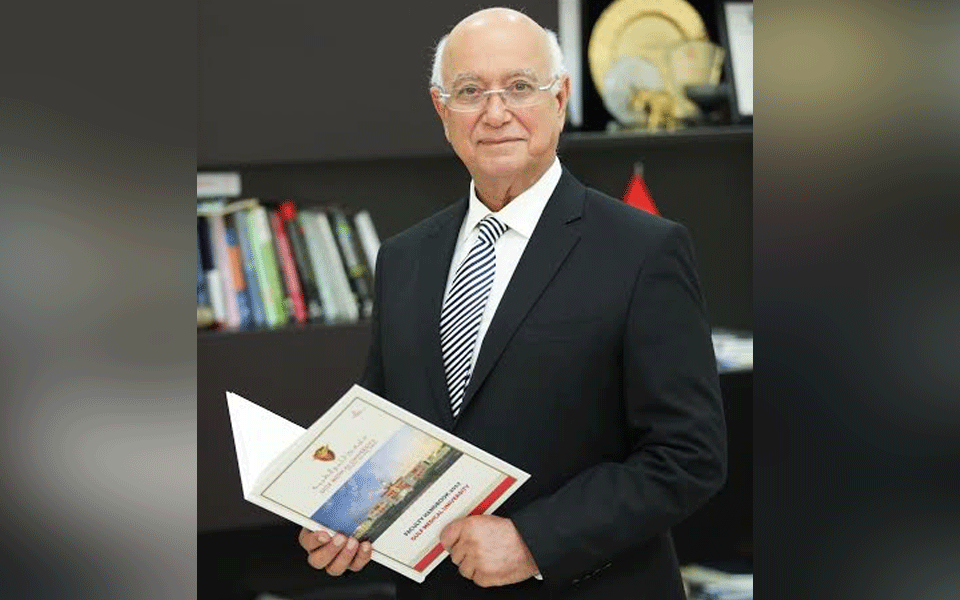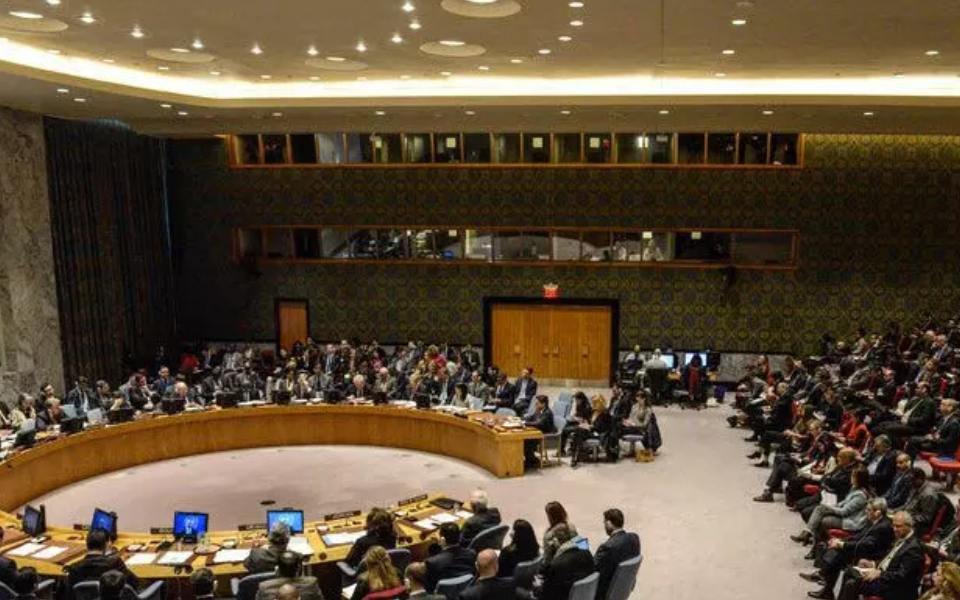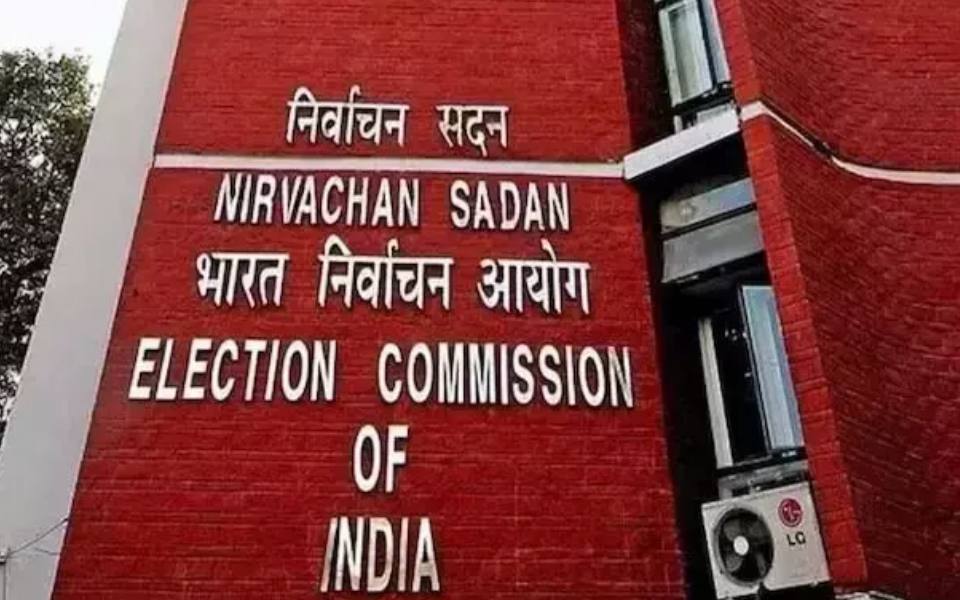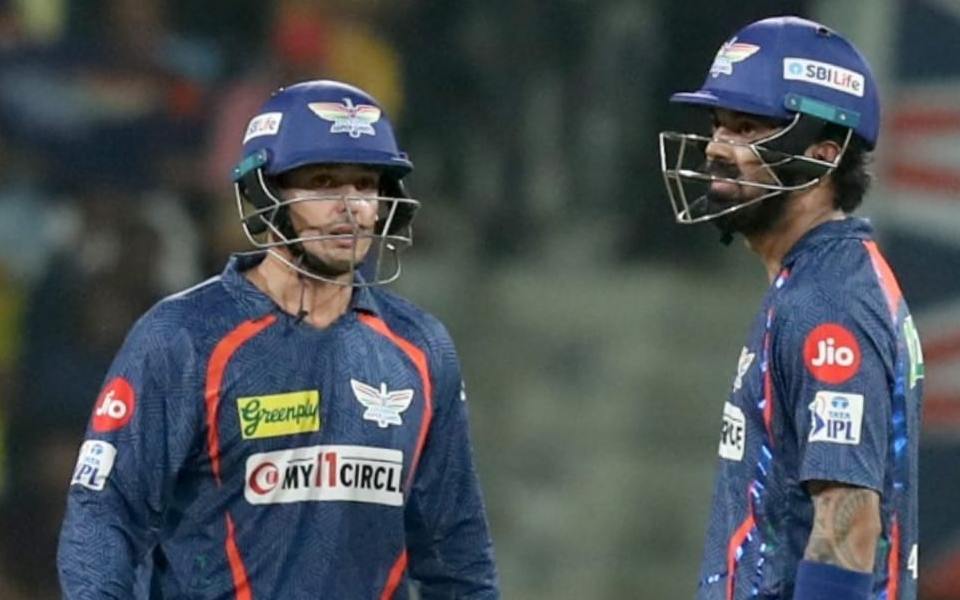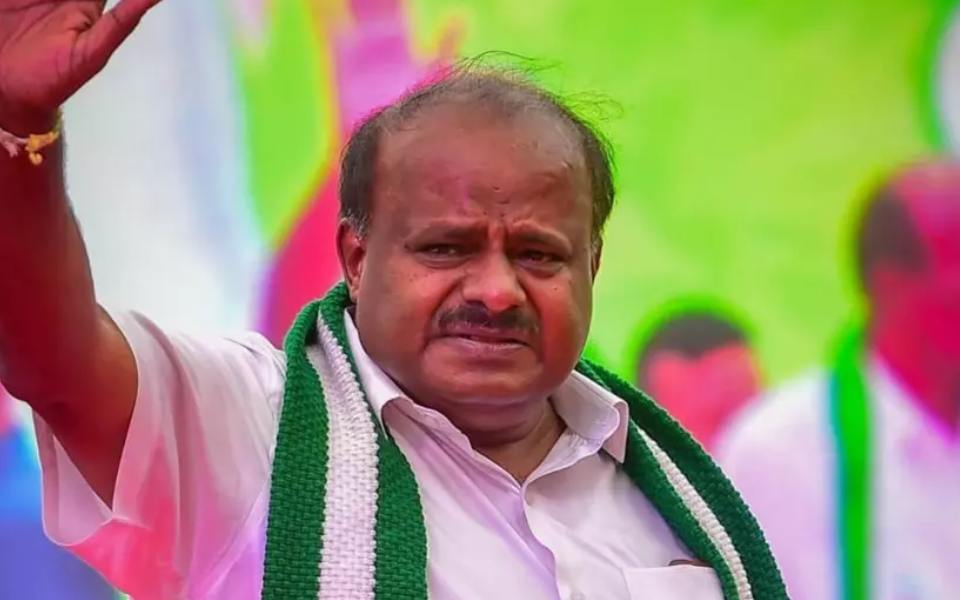Prof. Hossam Hamdy, Chancellor of Gulf Medical University was awarded the Ministry of Health & Prevention’s Award for Innovative Learning Technology at the Healthcare Innovation Awards ceremony conducted by the Ministry of Health & Prevention (MOHAP), held at the MOHAP Training and Development Center in Sharjah, on 13th February, 2020.
The award was conferred to Prof. Hossam for developing Virtual Patient Learning (VPL), significantly enhancing students’ skills and learning experience.
“VPL is the most sophisticated simulator with the highest fidelity using artificial intelligence and problem-based learning in medical education.
The Virtual Patient Learning (VPL) technology of Gulf Medical University (GMU), Ajman, developed by the Chancellor Prof. Hossam Hamdy - internationally known medical educator and active pediatric surgeon - was recognized as ‘one of the most innovative technologies in life sciences’, at the Healthcare Innovation Awards ceremony conducted by the Ministry of Health & Prevention (MOHAP)” an official press statement from the university stated.

Developed for training the medical and health professions students of GMU, Virtual Patient Learning (VPL) is the most sophisticated simulator with the highest fidelity using artificial intelligence and problem-based learning in medical education. It exposes future healthcare professionals to a wide range of patient problems involving males and females of different age groups and ethnic backgrounds, so that they practice their clinical skills in a virtual setting before being introduced to actual clinical settings.
As a Problem-Based Learning (PBL) application, VPL invokes critical thinking, clinical reasoning, and communicational skills amongst students. The program gives the students authentic medical problems including history and clinical examination, investigations, lab results, vital signs, X-rays, and interaction with virtual patients to obtain information that would help them correctly identify medical problems of each case and prescribe treatments.
Expressing delight at the prestigious MOHAP recognition won by VPL, Prof. Hossam Hamdy said, “It is wonderful to see innovative training methodologies used at Gulf Medical University being recognized at the regional and global levels. The Virtual Patient Learning (VPL) is the only simulation which captures the patient’s emotional reactions to the learner’s approach of communications with the virtual patient. Because it is highly authentic and extends beyond the simple acquisition of knowledge, I believe that Virtual Patient Learning (VPL) will gradually replace the traditional less authentic forms of Problem Based Learning.”
GMU is the first university in the Middle East region to introduce VPL, which is making a huge difference to the overall learning experience of the students, arming them with additional skills and insights to evolve as healthcare professionals of the future. VPL has won international acclaim earlier, securing top positions regionally and globally at the Reimagine Education Conference & Awards in the USA, in the Creative Learning and E-learning categories.
Virtual patient learning can be used in two modes: a ‘learning’ mode and an ‘evaluation’ mode. The learning mode is developed to stimulate student-centered learning and is linked to a large number of resources such as radiological images, laboratory results, videos, and management guidelines. The evaluation mode can be used for the purpose of evaluating students’ decision-making and communication skills.
Let the Truth be known. If you read VB and like VB, please be a VB Supporter and Help us deliver the Truth to one and all.
United Nations, Apr 19: The US has vetoed a resolution in the UN Security Council on the latest Palestinian bid to be granted full membership of the United Nations, an outcome lauded by Israel but criticised by Palestine as “unfair, immoral, and unjustified".
The 15-nation Council voted on a draft resolution Thursday that would have recommended to the 193-member UN General Assembly “that the State of Palestine be admitted to membership in the United Nations.”
The resolution got 12 votes in its favour, with Switzerland and the UK abstaining and the US casting its veto.
To be adopted, the draft resolution required at least nine Council members voting in its favour, with no vetoes by any of its five permanent members - China, France, Russia, the United Kingdom and the United States.
Palestinian attempts for recognition as a full member state began in 2011. Palestine is currently a non-member observer state, a status that was granted in November 2012 by the UN General Assembly.
This status allows Palestine to participate in proceedings of the world body but it cannot vote on resolutions. The only other non-member Observer State at the UN is the Holy See, representing the Vatican.
Israel’s Foreign Minister Israel Katz praised the US for vetoing what he called a “shameful proposal.”
“The proposal to recognise a Palestinian state, more than 6 months after the largest massacre of Jews since the Holocaust and after the sexual crimes and other atrocities committed by Hamas terrorists was a reward for terrorism”, Katz wrote on X, after the US veto.
US Ambassador Robert Wood, Alternative Representative for Special Political Affairs, said in the explanation of the vote at the Security Council meeting on Palestinian membership that Washington continues to strongly support a two-state solution.
“It remains the US view that the most expeditious path toward statehood for the Palestinian people is through direct negotiations between Israel and the Palestinian Authority with the support of the United States and other partners,” he said.
“This vote does not reflect opposition to Palestinian statehood, but instead is an acknowledgement that it will only come from direct negotiations between the parties.”
Wood said there are “unresolved questions” as to whether Palestine meets the criteria to be considered a State.
“We have long called on the Palestinian Authority to undertake necessary reforms to help establish the attributes of readiness for statehood and note that Hamas - a terrorist organisation - is currently exerting power and influence in Gaza, an integral part of the state envisioned in this resolution,” he said, adding that “For these reasons, the United States voted “no” on this Security Council resolution.”
Wood noted that since the October 7 attacks last year against Israel by Hamas, US President Joe Biden has been clear that sustainable peace in the region can only be achieved through a two-state solution, with Israel’s security guaranteed.
"There is no other path that guarantees Israel’s security and future as a democratic Jewish state. There is no other path that guarantees Palestinians can live in peace and with dignity in a state of their own. And there is no other path that leads to regional integration between Israel and all its Arab neighbours, including Saudi Arabia,” he said.
The Palestinian Authority President, Mahmoud Abbas, sharply criticised the US veto, saying that it was “unfair, immoral, and unjustified, and defies the will of the international community, which strongly supports the State of Palestine obtaining full membership in the United Nations.”
Riyad Mansour, Permanent Observer of the State of Palestine, said that “our right to self-determination has never once been subject to bargaining or negotiation.
“Our right to self-determination is a natural right, a historic right, a legal right. A right to live in our homeland Palestine as an independent state that is free and that is sovereign. Our right to self-determination is inalienable...,” he said.
Getting emotional and choking up as he made the remarks, Mansour said that a majority of the Council members “have risen to the level of this historic moment” and have stood “on the side of justice, freedom and hope.”
He asserted that Palestine’s admission as a full member of the UN is an “investment in peace.”
On April 2, 2024, Palestine again sent a letter to UN Secretary-General Antonio Guterres requesting that its application for full UN membership be considered again.
For a State to be granted full UN membership, its application must be approved both by the Security Council and the General Assembly, where a two-thirds majority of the members present and voting is required for the State to be admitted as a full member.
Earlier in the day, Guterres, in his remarks to a Council meeting on the Middle East, warned that the region is on a “knife edge”.
“Recent escalations make it even more important to support good-faith efforts to find lasting peace between Israel and a fully independent, viable and sovereign Palestinian state,” Guterres said.
“Failure to make progress towards a two-state solution will only increase volatility and risk for hundreds of millions of people across the region, who will continue to live under the constant threat of violence,” he said.
The UN, citing the Ministry of Health in Gaza, said that between October 7 last year and April 17, at least 33,899 Palestinians have been killed in Gaza and 76,664 Palestinians injured. Over 1,200 Israelis and foreign nationals, including 33 children, have been killed in Israel, the vast majority on October 7.
As of April 17, Israeli authorities estimate that 133 Israelis and foreign nationals remain captive in Gaza, including fatalities whose bodies are withheld.

